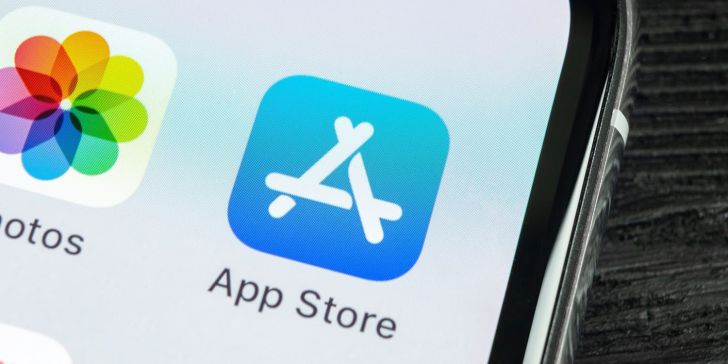
TLDR:
- The Department of Justice has accused the company of maintaining an illegal monopoly in the smartphone market.
- Apple spokesperson Fred Sainz said the lawsuit “threatens who we [Apple] are and the principles that set Apple products apart in fiercely competitive markets.”
- Ultimately, the lawsuit wants the world’s most valuable publicly traded company to change its business terms and pay an unspecified penalty for alleged unlawful actions.
On Thursday, the US Department of Justice filed an antitrust lawsuit against the Cupertino-based tech giant Apple. The 88-page lawsuit, backed by 16 states, argues that the company has violated anticompetitive laws to keep buyers within the company’s ecosystem of devices. The lawsuit builds on years of scrutiny of the company’s devices and services, primarily the iPhone, which allegedly helps it maintain monopolistic control over the distribution of apps, their features, pricing, etc. Let’s discuss more details about what the lawsuit states, how Apple reacted to it, and what it demanded from the company.
What Does The US Lawsuit Against Apple State?
The Department of Justice has accused the company of maintaining an illegal monopoly in the smartphone market. The lawsuit is against everything that comprises Apple’s ecosystem of devices that have exceptional continuity and connectivity with one another but fail to function properly with other devices. In his statement, the US Attorney General, Merrick Garland, said, “Apple creates barriers and makes it extremely difficult and expensive for both users and developers to venture outside the Apple ecosystem.”

How Did Apple React To The US Lawsuit?
Apple spokesperson Fred Sainz said the lawsuit “threatens who we [Apple] are and the principles that set Apple products apart in fiercely competitive markets.” The spokesperson adds, “If successful, it would hinder our ability to create the kind of technology people expect from Apple—where hardware, software, and services intersect.” Calling the company’s technology as “people’s” technology, the spokesperson also mentioned that the lawsuit could set a dangerous precedent, enabling the government to interfere in “designing people’s technology.” Finally, Apple expresses its intention to defend the lawsuit “vigorously.”
According to a report by The Verge, the company thinks the Department of Justice should consider the global smartphone market, not the US alone, to determine whether it has exercised monopolistic control.
How Did This Happen All Of A Sudden?
It is important to mention that the Department of Justice’s case against Apple has been years in the making. The first few reports about it surfaced in June 2019, when federal antitrust lawmakers and enforcers considered investigating big tech companies for anticompetitive practices.
App developers have complained about iOS’s closed nature (that it didn’t allow users to sideload apps) and the company’s commission structure (charging between 15 and 30 percent) for years. Furthermore, Apple also has its own apps that compete with some of them. For instance, Apple Music, which has a subscription model, competes with other popular music streaming services like Spotify.

According to a 2020 Congress antitrust report, the House subcommittee formed to investigate an antitrust issue found that Apple had a monopoly on in-app distribution via the App Store on iOS devices. Following this, American lawmakers introduced the Open App Markets Act and the American Innovation and Choice Online Act. However, it wasn’t until the European Union formulated the Digital Markets Act that Apple made any significant changes (which apply only to users and developers in the European Union).
What Amendments Is The Lawsuit Seeking From Apple?
Ultimately, the lawsuit wants the world’s most valuable publicly traded company to change its business terms and pay an unspecified penalty for alleged unlawful actions. It wants the company to stop exercising its power over its App Store and controlling the distribution of apps available to millions of customers in the region. For years, Apple hasn’t allowed rival messaging platforms to work with iMessage, preventing Android users from sending and receiving the “blue bubble” messages. The lawsuit also wants the company to change this, as it may have compelled customers to purchase expensive iPhones. While these are some examples, here’s what the “Request for relief” section of the lawsuit asks.
- Preventing Apple from using its control of app distribution to undermine cross-platform technologies such as super apps and cloud streaming apps, among others;”
- Keep the company from using private APIs that limit the functionality of technologies like messaging, smartwatches, digital wallets, etc.
- Stopping the company from using the terms and conditions of its contracts with developers, accessory makers, and consumers to maintain or obtain the alleged monopoly.
You can follow Smartprix on Twitter, Facebook, Instagram, and Google News. Visit smartprix.com for the most recent news, reviews, and tech guides.






